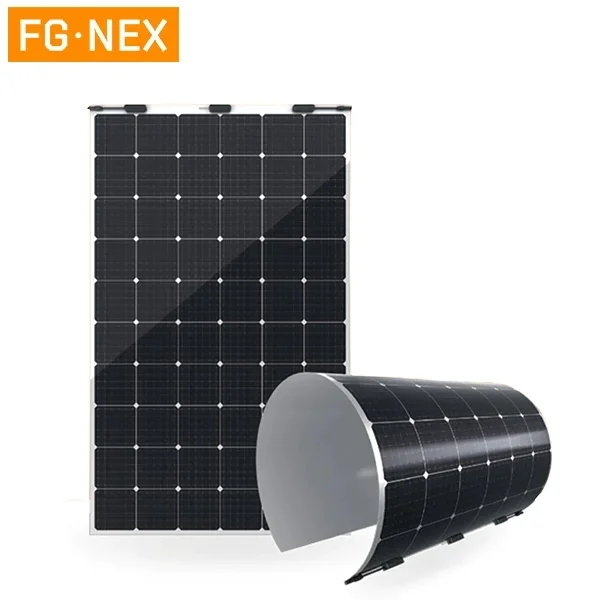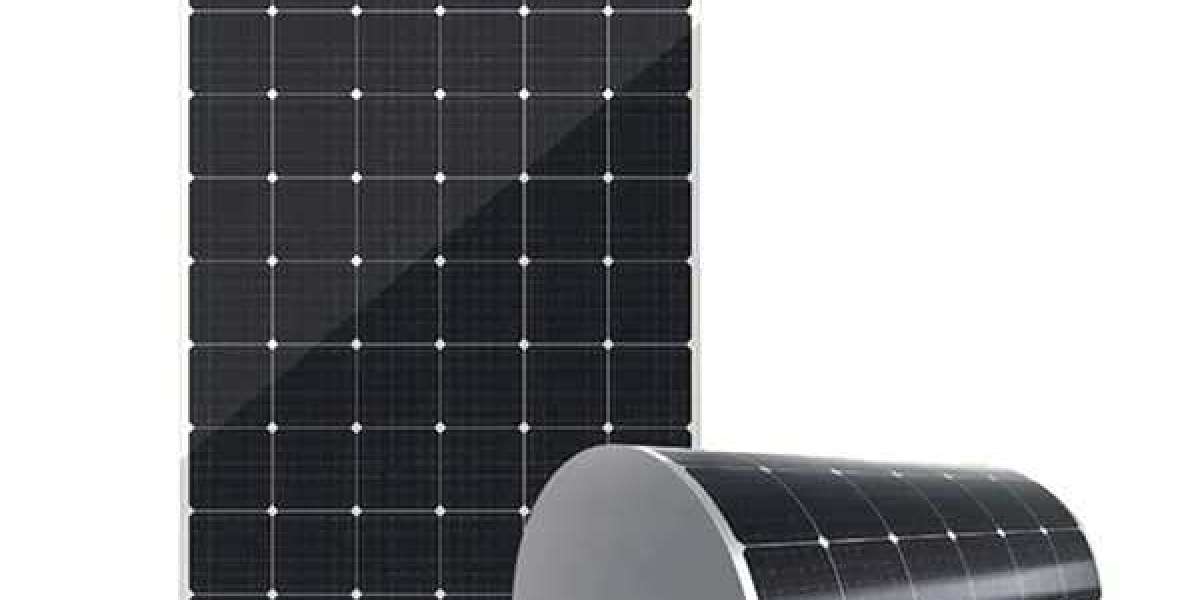As the global demand for renewable energy continues to grow, solar energy has attracted much attention as a clean and renewable form of energy. As the core component of the solar power generation system, solar efficiency and performance directly affect the power generation capacity and economy of the entire system. This article will discuss the efficiency and performance of solar panels.
1. Solar panel efficiency
The efficiency of a solar panel refers to its ability to convert solar radiation into electrical energy. Currently, the common solar panels on the market are mainly polycrystalline silicon, monocrystalline silicon, amorphous silicon, thin film and other types, and their efficiencies vary. The efficiency of polycrystalline silicon is usually between 15% and 20%, while the efficiency of monocrystalline silicon can reach more than 20%, or even exceed 25%. Amorphous silicon and thin-film solar cells have relatively low efficiencies, generally between 10% and 15%.
Improving the efficiency of solar panels is a goal that the industry has been striving to pursue. By increasing the light absorption rate of photovoltaic materials, reducing energy loss during photoelectric conversion, and optimizing cell structures and processes, scientific researchers continue to try to improve the conversion efficiency of solar panels to achieve more efficient solar power generation.
2. Solar panel performance
In addition to efficiency, the performance of solar panels also includes aspects such as their stability, durability, and temperature characteristics. The first is stability. Solar panels need to maintain stable power generation performance under long-term solar radiation, temperature changes, humidity, and other environmental conditions without serious performance degradation. The second is durability. Solar panels need to have a long service life and be able to withstand the effects of wind, rain, ultraviolet radiation, and other natural environments. In addition, the temperature characteristics of solar panels are also very important, because temperature changes will affect the output power of the panels, and excellent solar panels should have good temperature characteristics and be able to maintain high efficiency at high temperatures.

3. Factors affecting the efficiency and performance of solar panels
Solar radiation is one of the important factors affecting efficiency. The intensity and duration of solar radiation directly affect the power generation of solar panels. In sunny areas, the efficiency will be higher, while in rainy weather or at night, the efficiency will be greatly reduced. Therefore, it is important to choose the location and orientation of the installation to ensure maximum utilization of solar radiation.
Secondly, temperature is also one of the important factors affecting the performance of solar panels. Generally speaking, the lower the operating temperature, the higher the efficiency. High temperature will cause the voltage of the solar panel to drop, thus affecting its power generation efficiency. Therefore, the thermal design of solar panels and the choice of installation location will have an impact on their performance.
Materials are one of the determining factors in solar panel efficiency and performance. Solar panels of different materials differ in terms of conversion efficiency, durability and cost. Therefore, choosing the right materials is crucial to ensure the long-term stable operation of the system.
Additionally, the design and installation of solar panels directly affect their efficiency and performance. Proper panel layout, proper inclination and orientation, and good protection measures will all have a positive impact on the performance of solar panels. In addition, regular cleaning and maintenance are also important to ensure long-term efficient operation.
In order to improve the performance of solar panels, researchers and engineers have conducted a lot of research and practice. They continue to improve the performance of solar panels by optimizing material selection, improving production processes, and strengthening product quality control, making them more adaptable to various complex usage environments and working conditions.
In short, the efficiency and performance of solar panels are key factors affecting the overall performance of the solar power generation system. Through continuous technological innovation and engineering practice, it is believed that the efficiency and performance of solar panels will continue to improve, making greater contributions to the development of clean energy.
https://www.fgnexsolar.com/Explore-the-key-factors-that-influence-solar-panel-efficiency-and-performance.html








